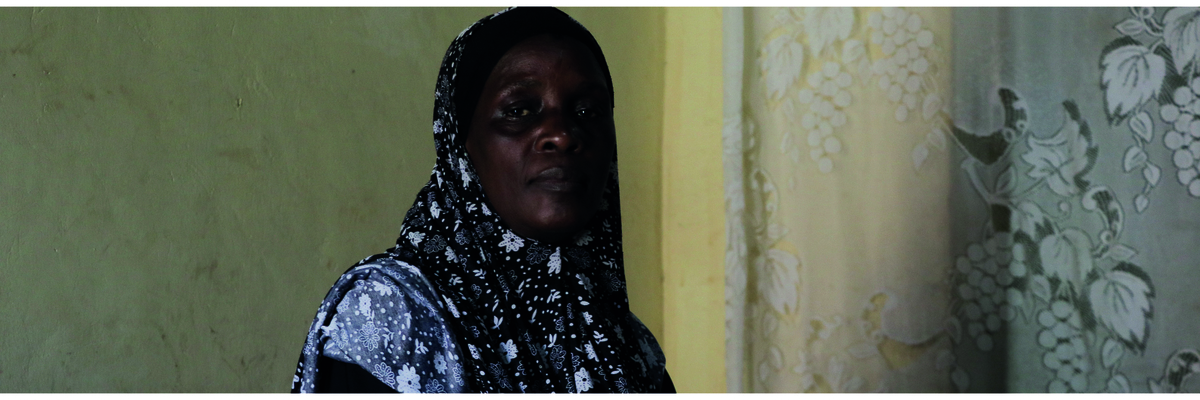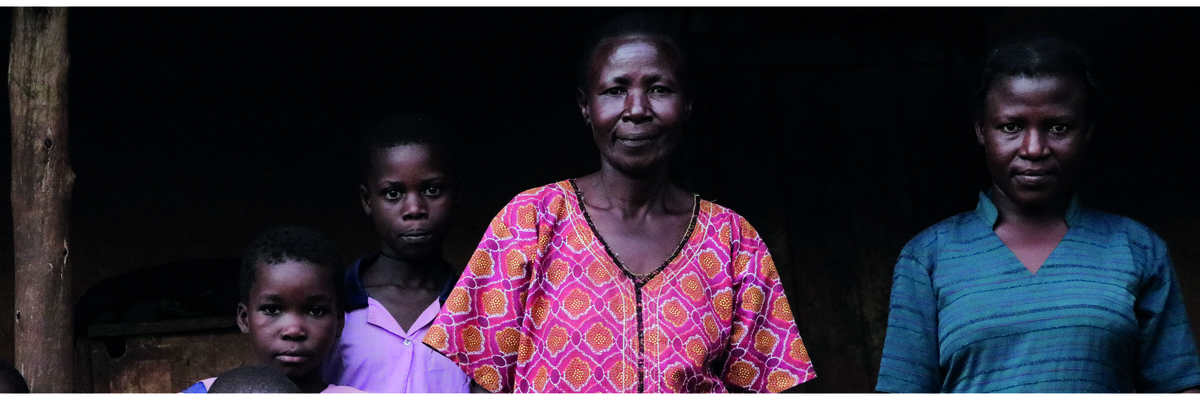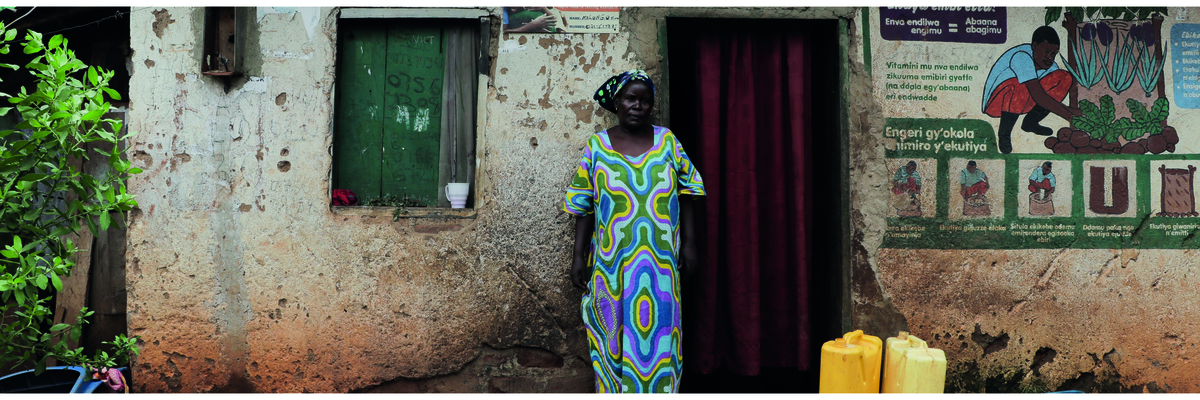By Deborah Asikeit, Project Manager - Uganda Country programme and, Giulia Maci, Urban Specialist and Gender Focal Point at Cities Alliance.
In Uganda women are leading the political and institutional responses to the COVID-19 pandemic. An all-women team holds key positions that are crucial in the response to the crisis, including the Ministry of Health. Minister Jane Ruth Aceng has recently launched the Tonsemberera campaign which means “don’t come near me, keep your distance”, to encourage citizens to adopt safer behaviour in public spaces. Uganda’s ability to manage to virus so far is commendable: at the time of writing and since the beginning of the outbreak there have been 126 cases and 0 death registered.
At the same time, women are playing a key role in fighting against COVID-19 in informal settlements, including as frontline healthcare workers, caregivers at home, and as mobilizers in their communities. Still COVID-19 responses in the country fail to recognize their specific needs and vulnerabilities.
“The effect of COVID-19 has been more severe to women and as such special interventions to mitigate these impacts will need to be undertaken” said Winnie Nandudu, Woman Councillor for Naguru, a neighborhood in Kampala.
Ugandan President Yoweri Museveni has put in place an extensive list of measures to stop the spread of the virus including national borders closure, compulsory quarantine, suspension of all public means of transport and sale of non-food items at open markets. These measures have severe impacts on women, who make up 71 percent of those working in the informal sector in the country, and whose survival depends on daily cash flows. What will happen to the woman who can no longer sell second-hand clothes or the woman who cannot go from home to home doing people’s hair?

“The worst is when we stopped working”
“I thought that this thing (Covid 19) is going to stop in two weeks, but now it has become serious. At first, it began as joke, but then, the president closed schools, and my little brothers came back home, no more swalah (prayers) at the masjid (mosque). The worst is when we stopped working. My mom and I have to support the rest of the family. My savings are now over, and I don’t think I will be able to run my business after this. Who is going to buy phone chargers and headphones when people don’t have food?”, says Bitujuma, a 22-year-old vendor.

In Kampala, following COVID’s restrictions, women vendors are sleeping in markets to avoid contact with their families, exposing themselves to risks of contracting malaria or being victims of violence.
“Due to restriction on movement, we’re are sleeping in the market in our stalls, we have to bathe in the toilets as there are no bathrooms with no privacy. The toilets are not safe and for women are limited in number, compared to women’s population and so we have to compete to use them with men”, said Susan Tafumba, a vendor of silver fish at Nakawa Market.

Domestic violence, a matter of concern
With public ambulances scarce, Ugandans typically reach hospital in private vehicles, but now the government ban on private transport has left many people seeking treatment unable to get medical treatments. According to Linda Bamwite, a resident of Kinawataka, an informal settlement in Kampala, access to HIV drugs is particularly difficult for women.
“While men can ride motorcycles and bicycles to Mildmay Hospital to get medical treatment, women don’t ride these and yet they are not able to walk the long distance to reach the hospital”, she says. Access to maternal services is equally complicated with several maternal related deaths due to failure to access health facilities during the lock down period.
Another matter of concern is the increase of domestic violence during the lockdown, as security, health, and income worries, heighten tensions in homes. The complexities of these women’s realities ought to be put into consideration in implementation of COVID-19 measures, so as not to exacerbate already existing gender inequalities.

Responding to COVID
Cities Alliance, together with its local partners is implementing a series of responses, which also support women and girls in the informal settlements of Kinawataka and Kasokoso, the most densely populated areas in Kampala, as well as in the Nakawa Market, one of the city’s largest markets. We have been working with these communities, as they will need to relocate due to the construction of the Kampala Jinja Expressway. Cities Alliance is implementing various initiatives to ensure that social and environmental safeguards are in place, so that the communities are not left worse off by the project.
Our COVID-19 response in Uganda has been designed in consultation with women community leaders, to address immediate needs. It includes the provision of materials such as tents for the vendors in the market, which are mostly women; hand-washing stations, that will benefit nearly 2,000 people in the settlements, and personal protective equipment for healthcare workers.
But much, much more needs to be done.
It is critical that women are enabled as decision-makers in the recovery plans. They have a strong understanding of their communities and are best placed to address the disproportionate impact of the crisis on women and girls. Fundamentally, all policy responses must embed a gender lens and account for women’s unique needs, responsibilities and perspectives.





